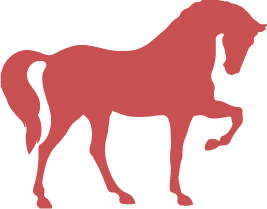4 TIPS TO OPTIMALLY PREPARE YOUR HORSE FOR COMPETITION AND HOT DAYS
Article Courtesy Cavalor The summer season is wonderful. Long evenings, plenty of competitions, and more time to enjoy horses and equestrian sport….
Free Delivery when you spend $49 or more. (Weight Limits Apply – view more)
 Dog
Dog

Shop Tuckers great range of dog food, health care & wellness products today. Delivered or Click & Collect.
 Cat
Cat

Tuckers has a great range of cat food, health care & litter products for your beloved cat. Shop now.
 Horse
Horse

Tuckers carry a huge range of food, supplements, health care, hoof care and grooming accessories. Shop now.
 Chook/Bird
Chook/Bird

Tuckers range of food, accessories & health care products will keep your chooks & birds happy and healthy.
 Small Animal
Small Animal

Shop food and health care products for your little mates @ Tuckers. Delivered or Click & Collect.
 Farm/Garden
Farm/Garden

Tuckers carry a wide range of sheep & cattle products, plus everything you’ll need around the farm or garden.
 Dog
Dog

Shop Tuckers great range of dog food, health care & wellness products today. Delivered or Click & Collect.
 Cat
Cat

Tuckers has a great range of cat food, health care & litter products for your beloved cat. Shop now.
 Horse
Horse

Tuckers carry a huge range of food, supplements, health care, hoof care and grooming accessories. Shop now.
 Chook/Bird
Chook/Bird

Tuckers range of food, accessories & health care products will keep your chooks & birds happy and healthy.
 Small Animal
Small Animal

Shop food and health care products for your little mates @ Tuckers. Delivered or Click & Collect.
 Farm/Garden
Farm/Garden

Tuckers carry a wide range of sheep & cattle products, plus everything you’ll need around the farm or garden.
Article by Kentucky Equine Research

If you’re like many horse owners, you give your horse at least a brief period of downtime in the winter, planning a busier schedule of training and riding in the spring, summer, and fall months. With conditioning, shows, trail rides, parades, and other horse-related events, summer may be your busiest riding time. Keeping your horse sound for all this activity is partly related to taking proper care of his hooves year-round. Feeding for sound hooves, however, can’t be accomplished in a few weeks.
Sound nutrition is the cornerstone of healthy hooves. Base the horse’s diet on high-quality forage, adding a fortified concentrate ration as needed to meet the energy demands of exercise. If the horse doesn’t need the calories in a grain-based feed, provide vitamins and minerals by using a ration balancer pellet or a similar supplement.
The nutrients needed for hoof growth—usually biotin, zinc, methionine, and others—are often contained in a horse’s normal diet, but adding a high-quality hoof supplement ensures that the horse has sufficient material to maximize development of strong hoof tissue. Hooves grow slowly, however, and the outside of the hoof won’t show the full effect of a hoof supplement for several months. If you begin to use a hoof supplement in late spring in an effort to keep hooves healthy during the summer, you may be disappointed, although the farrier may comment on the change by late fall. For best results, use the supplement continuously in all seasons.
Besides the wear and tear from increased summer riding, horses put a lot of strain on their legs and feet when they repeatedly stamp against hard ground to keep away flies. Owners can help by using fly spray or leg nets. Moving air discourages flies, so providing a stall fan or allowing horses access to a breezy part of the field will also help.
During busy summer months, be sure to keep farrier visits on a regular basis, at least every four to six weeks for most horses. If shoes are loose or hooves need attention, don’t wait for the next appointment; contact your farrier and take care of the problem right away. Finally, use hoof pads or boots if you do a lot of riding on hard or rocky ground, and watch for lameness caused by sole bruises or abscesses.
Entire range - quick and secure delivery
Buy securely online and pickup at your local store
Call your local store and come on down to pickup
© 2026 Tuckers Pet & Produce.
